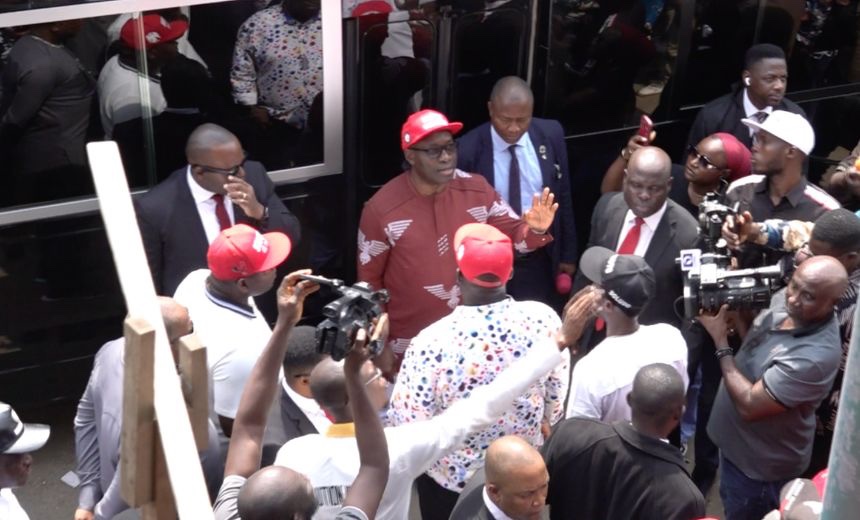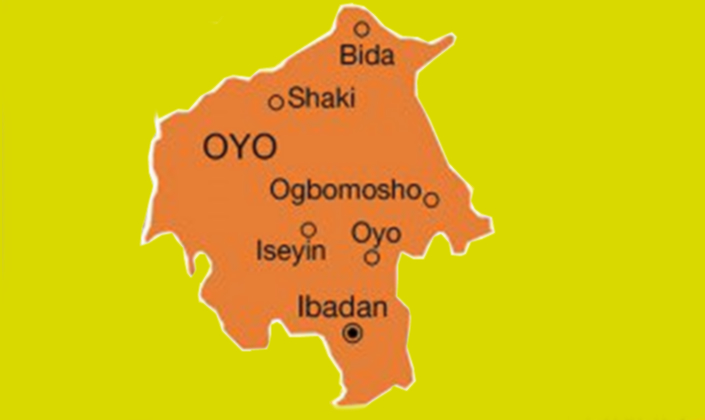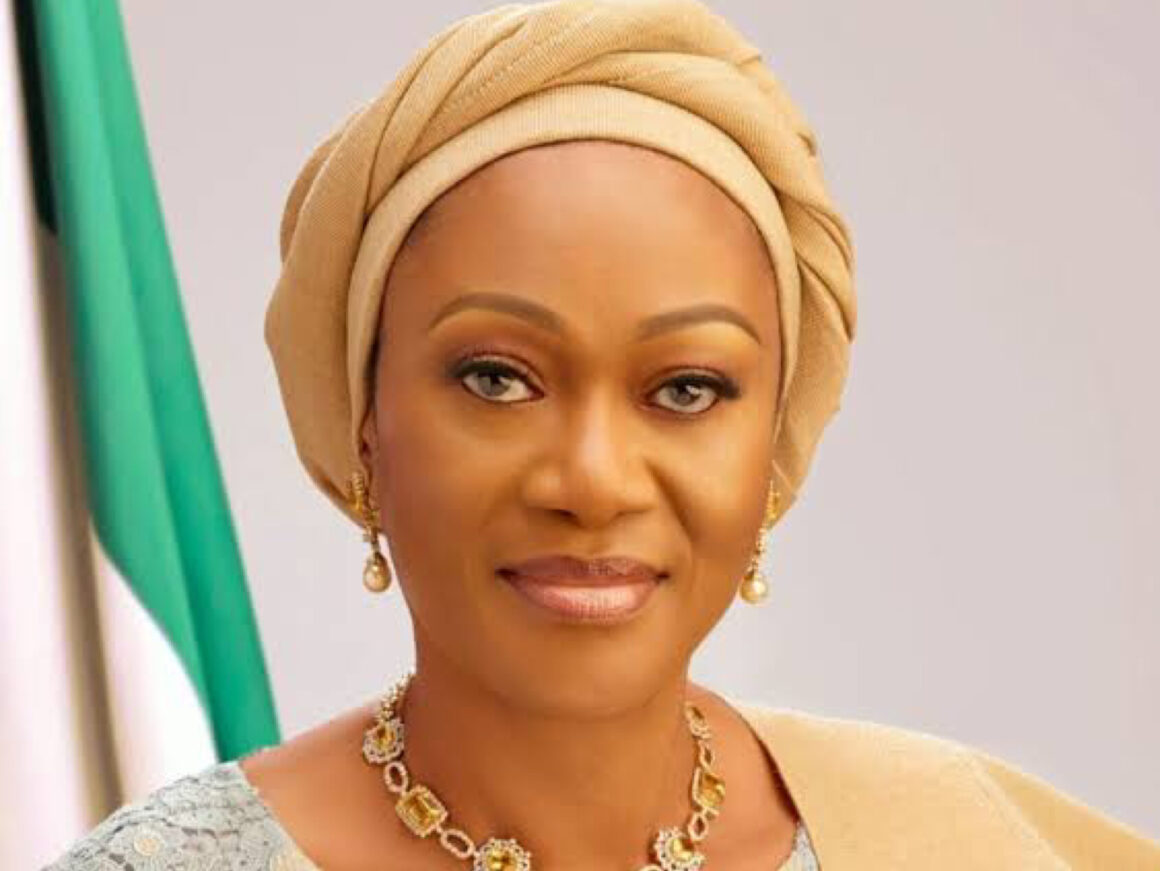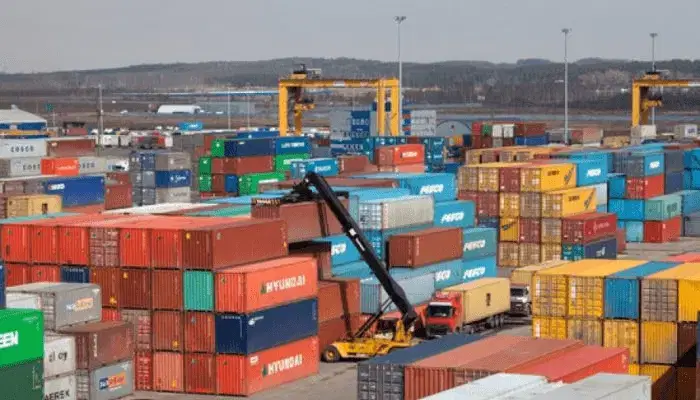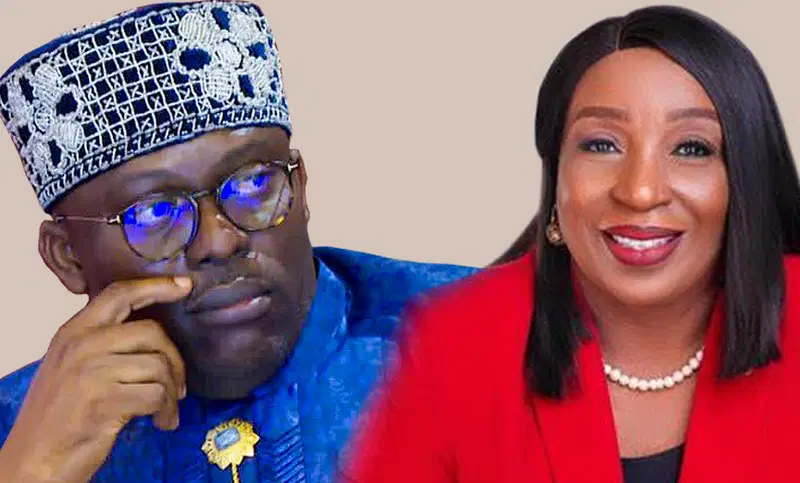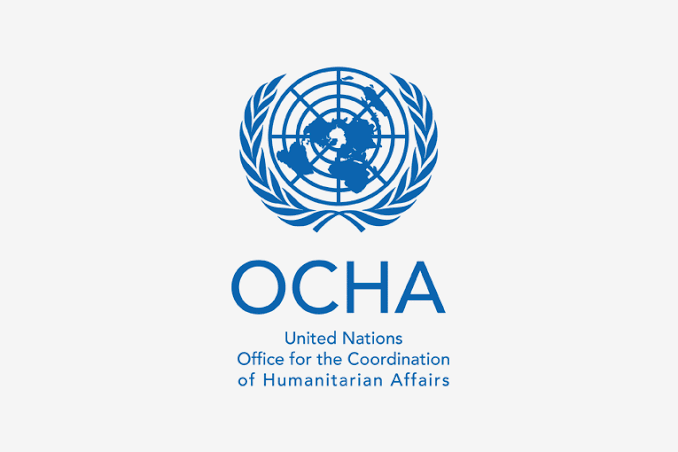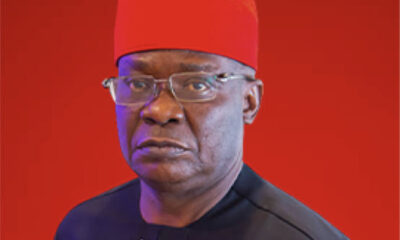News
CSOs seeks domestic reforms for national development
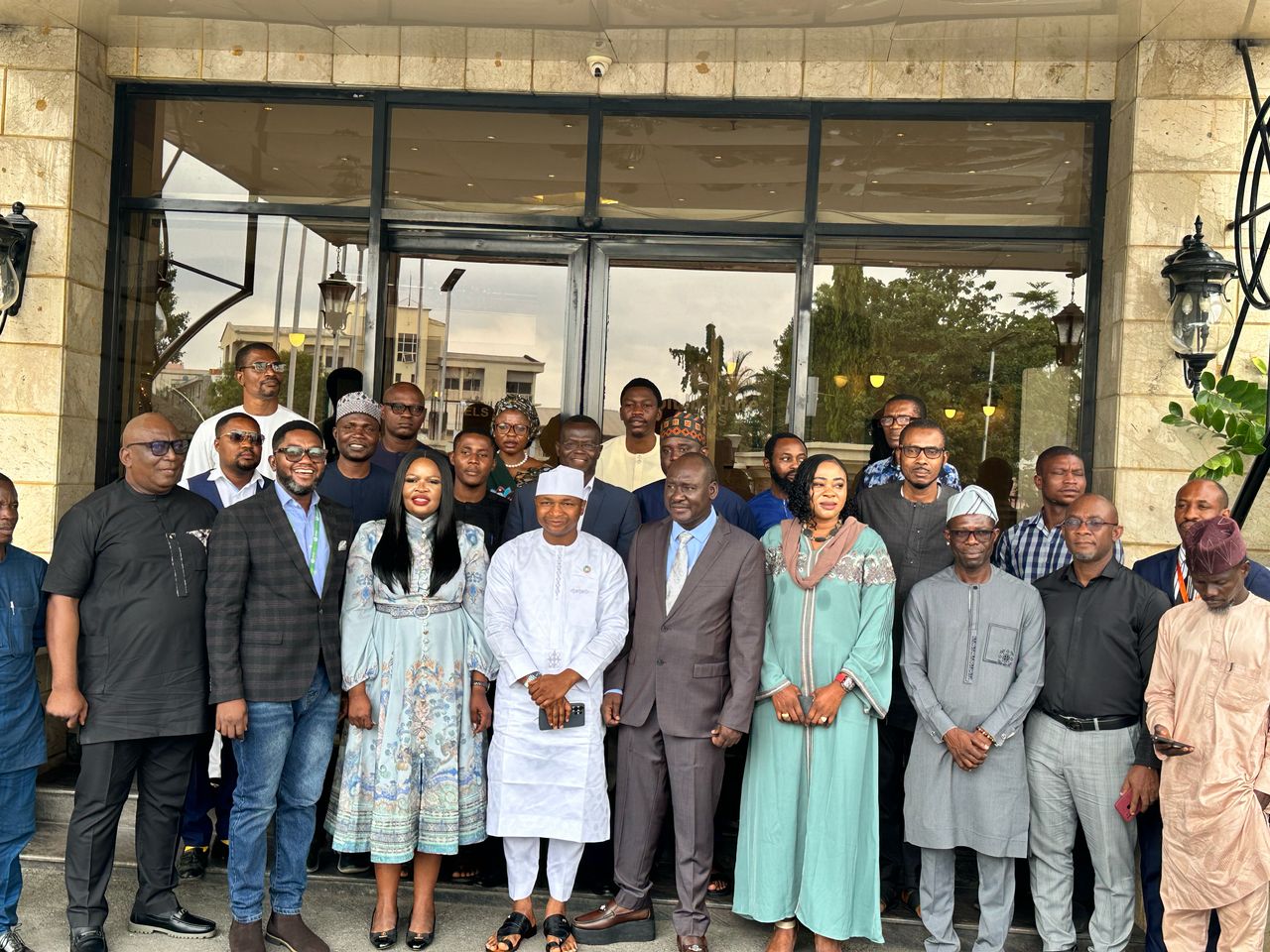
By Ifeoma Nwovu
As preparations intensify for Nigeria’s participation in the Fourth International Conference on Financing for Development (FfD4), scheduled for 30 June 2025 in Seville, Spain, stakeholders and Nigerian civil society have called for stronger global actions to combat illicit financial flows, recover stolen assets, and ensure fairer, more transparent international tax and debt systems.
This call was made at a one-day consultation meeting in Abuja, where stakeholders maintained that corruption and weak public financial management systems undermine Nigeria’s ability to mobilise and utilise resources efficiently.
The call is contained in a newly released report titled “Financing for Development in Nigeria: Sectoral Context and Insights for the Fourth International Conference,” an advocacy position paper developed by the Civil Society Legislative Advocacy Centre (CISLAC), in partnership with Oxfam Nigeria and other organisations.
The Executive Director of CISLAC, Auwal Rafsanjani, who presented the report, outlined a range of policy proposals to enhance Nigeria’s financial capacity. These include adopting digital tax systems for fair taxation, simplifying trade processes to drive industrialisation, launching anti-corruption and asset recovery campaigns, and establishing development finance facilities to de-risk private investment in infrastructure and social services.
“Nigeria is also using the platform of the upcoming FfD4 to call for major reforms in the international financial architecture. The country advocates for changes to global tax rules, easier access to climate finance, and new concessional financing frameworks that reflect the needs of countries with large populations living in poverty. We urge the international community to prioritise loss and damage financing, equitable access to green investments, and reform of Special Drawing Rights (SDRs) to better support middle-income countries carrying high poverty burdens,” the report states.
Rafsanjani further noted that critical sectors such as education, health, agriculture, and climate resilience remain underfunded, while the country loses over $18 billion annually to illicit financial flows.
“As the global community gathers to renew its financing commitments, Nigeria stands ready to champion equity, accountability, and inclusion in the international financial system. The upcoming FfD4 conference presents a critical opportunity to reshape global financing and unlock the investments required for a just and resilient future,” he asserted.
He also expressed concern that most states in the country lack measurable development blueprints, making it difficult to track progress or attract meaningful investments. He stressed the need for deliberate efforts to bridge the gaps at both national and sub-national levels to position Nigeria as a leader on the global financing map.
-

 News4 hours ago
News4 hours agoOpposition Reps raise alarm over alleged non-implementation of 2025 budget
-
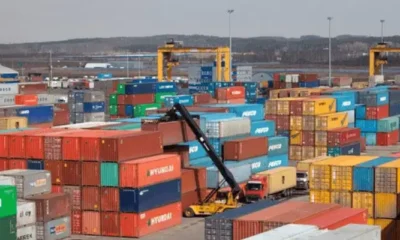
 World News4 hours ago
World News4 hours agoNigeria’s exports to Africa hits N4.82trn
-
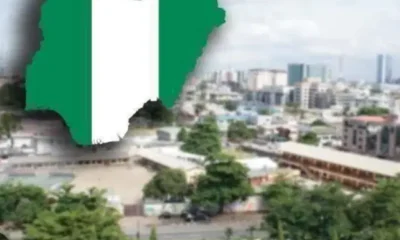
 Business4 hours ago
Business4 hours agoCurrency outside Banks rises 10.2% as money supply expands
-

 National News4 hours ago
National News4 hours agoClean Energy key to survival, healthy living — Remi Tinubu
-
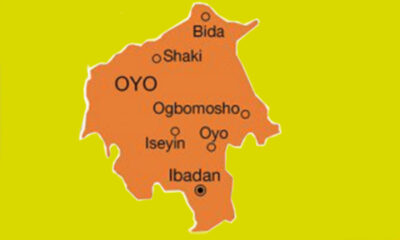
 Metro4 hours ago
Metro4 hours agoPolice Inspector killed as officers rescue kidnap victim in Oyo
-

 News34 minutes ago
News34 minutes agoBREAKING: Soludo orders closure of Onitsha Main Market over sit-at-home defiance

